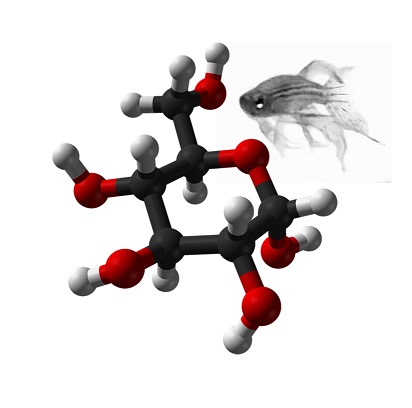At the Nath Lab, we systematically map connections between genes and human biology by integrating multi-omics datasets from diverse human cohorts. We then “retro-translate” these human findings into mechanistic studies using zebrafish models of human disease uniquely developed in our lab. Leveraging these models, alongside chemical biology tools, we dissect the molecular underpinnings of disease-relevant pathways. Our overarching goal is to identify actionable disease targets and develop small-molecule therapeutics to correct the dysregulated pathways that cause metabolic diseases and neurodegenerative disorders. 

